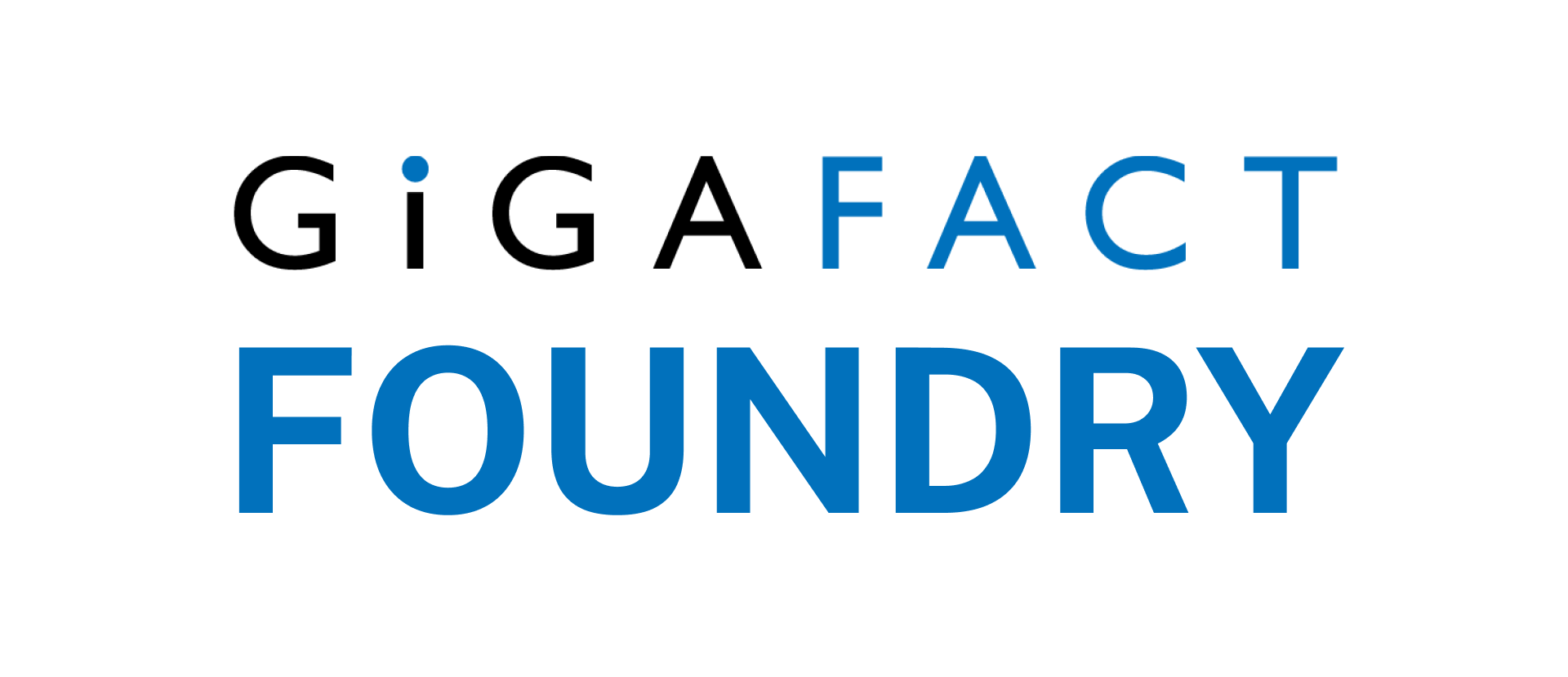Wednesday, May. 12, 2021
Do some states allow incarcerated minors to be held in solitary confinement?
In 2016, President Barack Obama banned solitary confinement for minors in federal prisons, but as of 2020 states including Florida, Alabama, Kansas and Mississippi still allowed the practice.
The District of Columbia and 18 states have passed laws limiting or prohibiting solitary confinement of minors, while other states have limited its use through administrative code, policy or court rules.
Solitary confinement is defined under United Nations rules as spending at least 22 or more hours of the day in isolation. The American Academy of Child and Adolescent Psychology has linked the practice to higher rates of suicide and potential consequences such as depression and psychosis.
Overall, the number of incarcerated youths in the U.S. has fallen 60% since 2000, reflecting a variety of factors including lower juvenile crime rates and policy responses to evidence about the system’s results.
This fact brief is responsive to conversations such as this one.
Sources
- National Conference of State Legislatures States that limit solitary confinement
- American Academy of Child and Adolescent Psychology Solitary confinement of juveniles
- UN Human Rights Prolonged solitary confinement amounts to psychological torture
- Prison Policy Initiative Youth confinement: The whole pie 2019
About fact briefs
Fact briefs are bite-sized, well-sourced explanations that offer clear "yes" or "no" answers to questions, confusions, and unsupported claims circulating online. They rely on publicly available data and documents, often from the original source. Fact briefs are written and published by newsrooms in the Gigafact network.
See all fact briefs
Between 2020 and 2022, under close editorial supervision, Gigafact contracted a group of freelance writers and editors to test the concepts for fact briefs and provide inputs to our software development process. We call this effort Gigafact Foundry. Over the course of these two years, Gigafact Foundry writers published over 1500 fact briefs in response to claims they found online. Their important work forms the basis of Gigafact formats and editorial guidelines, and is available to the public on Gigafact.org. Readers should be aware that while there is still a lot of relevant information to be found, not all fact briefs produced by Gigafact Foundry reflect Gigafact's current methods and standards for fact briefs. If you come across any that you feel are out of date and need to be looked at with fresh eyes, don't hesitate to contact us at support@gigafact.org.
Learn MoreLatest Fact Briefs
Is there a scientific consensus that life begins at conception?
Thursday, Aug. 4, 2022
Do countries around the world subsidize fossil fuels?
Wednesday, Aug. 3, 2022
Is the repeal of Roe v. Wade expected to increase the maternal death rate?
Wednesday, Jul. 27, 2022
